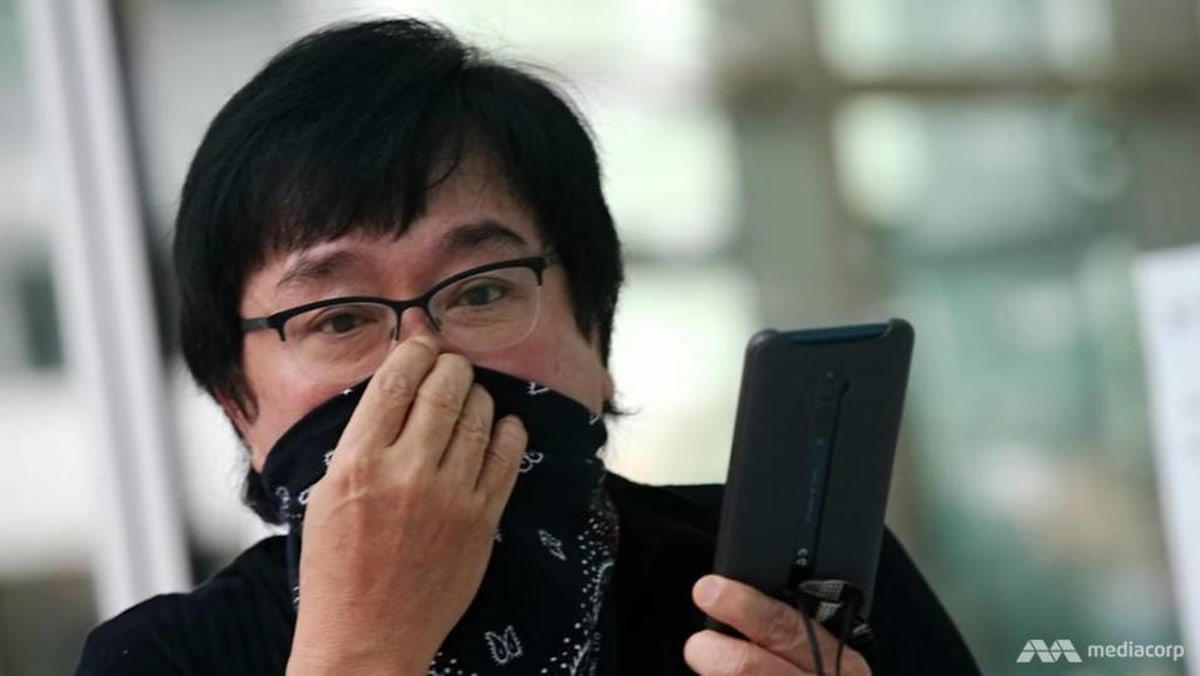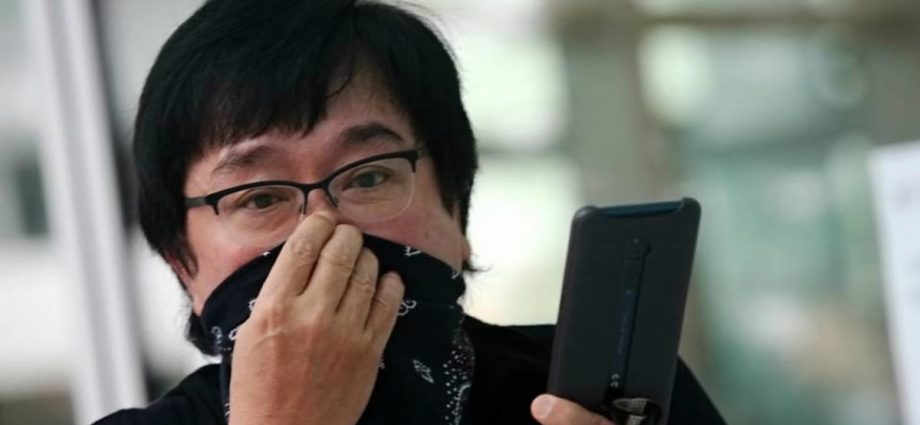
SINGAPORE: The founder of Trek 2000 International – the tech firm behind the invention of the thumbdrive – pleaded guilty on Monday (Aug 15) to five charges of engaging in conspiracies to falsify financial statements, cheat external auditors and forge documents.
Henry Tan, 65, also known as Henn Tan, will return to court for sentencing on Sep 22, where four other charges will be taken into consideration.
Tan has been in remand since Jun 30 though he has been offered bail at S$400,000.
According to court documents, between November and December 2015, Tan became aware that his company’s performance for the financial year would be poor.
He entered into a conspiracy with Trek’s then chief financial officer Gurcharan Singh and former executive director Poo Teng Pin, to falsify Trek’s financial statements for the financial year 2015.
They also recorded a fictitious US$3.2 million (S$4.41 million) sale from Trek Technology to Taiwanese manufacturing firm Unimicron to inflate reported revenue and net profits for the financial year, in order to improve their company’s financial position.
Trek Technology is a company incorporated in Singapore and a subsidiary wholly owned by mainboard-listed Trek 2000.
On Singh’s instruction, a sales coordinator created a customer code for Unimicron to address and generate invoices and delivery orders in Trek’s system. Tax invoices and delivery orders were then created to support records of the fictitious US$3.2 million sale.
Tan and Singh also signed false documents that purported to show that their company had sold and delivered 500,000 units of fictitious product, for a total price of US$3.2 million.
In February 2016, Tan, Singh, Poo and president of regional sales at the time Foo Kok Wah then entered into a conspiracy to cheat auditors Ernst & Young (EY).
EY had queried the fictitious sale and asked the company to provide supporting documentation.
Tan and his co-accused agreed to deceive EY into believing that the fictitious sale was a genuine transaction, and that the company’s unaudited financial statements for the financial year 2015 had been drawn up properly.
After the company failed to provide satisfactory explanations, EY issued a disclaimer of opinion and reported the matter to the Accounting and Corporate Regulatory Authority (ACRA), which in turn reported the matter to the Commercial Affairs Department (CAD) of the Singapore Police Force.
Following investigations by the CAD, Tan, Singh, Poo and Foo were charged with offences under the Penal Code and the Securities and Futures Act.
For falsifying accounts, Tan may be sentenced to a jail term of up to 10 years, a fine or both.
The punishment for cheating is up to three years in jail, a fine or both. For abetting this offence, the penalty is up to a quarter of the maximum jail term, a fine or both.
For committing forgery, Tan may be sentenced to a jail term of up to 4 years, a fine or both.
He was fined S$80,000 in 2020 for failing to disclose US$10.5 million (S$14.4 million) worth of transactions.

